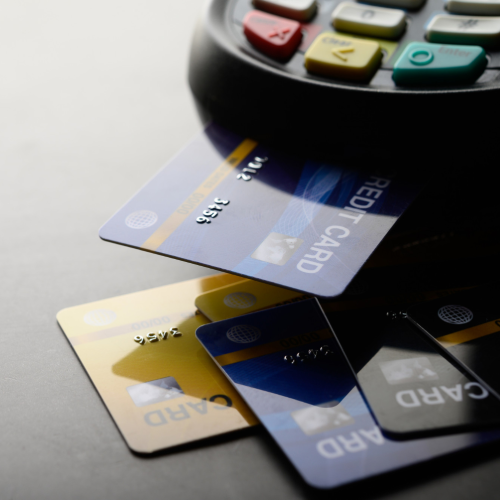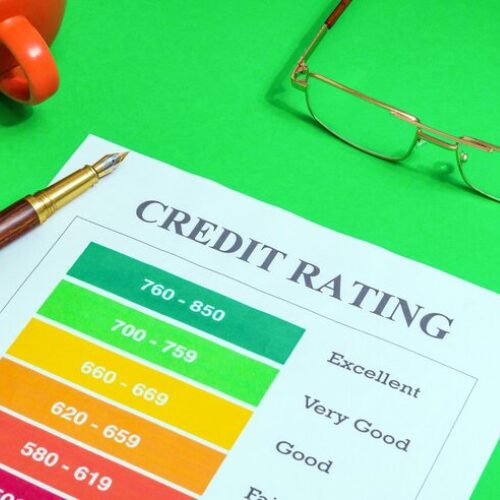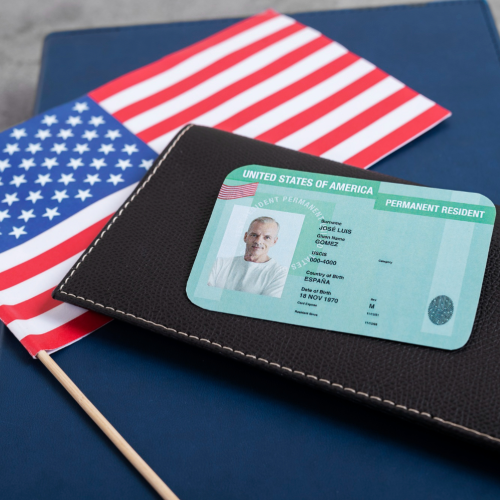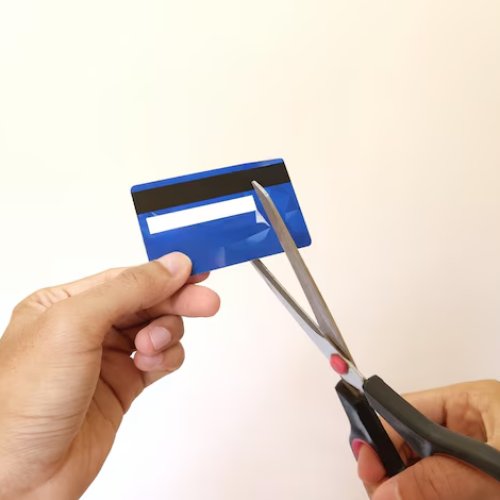When it comes to personal finance in the United States, one of the most common questions is how many credit cards to have. This payment method plays a central role in financial life. Credit cards not only make everyday purchases easier, but they also directly impact your credit score, one of the most important indicators in the U.S. economy.
That’s why it’s essential not to rely only on general advice, but to evaluate your individual situation. Everything depends on where you are in your financial journey, how much control you have over your spending, and your personal goals.
The Role of Credit Cards in Financial Life
Pretty much everything is connected to your credit history: renting an apartment, financing a car, getting lower interest rates on loans, or even being approved for certain jobs.
That’s why building and maintaining a good credit score is a priority for millions of people. A credit card is one of the most common tools for this, since it helps establish a payment history and show financial responsibility.
At the same time, the market offers a huge variety of options: rewards cards, cashback, travel miles, grocery perks, gas discounts, and even cards designed for people with little or no credit history. This variety makes many people wonder how many credit cards to have, should they stick with just one or open several to take advantage of different perks?
Having Just One Credit Card: Advantages and Limitations
For those just starting out financially, having only one credit card is often the most practical choice. It makes tracking expenses easier, avoids confusion with multiple due dates, and helps build an initial credit history.
College students and immigrants new to the country often go this route, usually choosing basic, no-annual-fee cards.
However, relying on only one card can also have drawbacks. In emergencies, if the limit is too low, flexibility might be limited. Plus, since rewards programs vary, putting everything on one card may mean missing out on extra points or cashback in different spending categories.
Two or Three Cards: The Most Common Balance
Many financial experts in the U.S. recommend keeping two or three credit cards. This number often provides a healthy balance between benefits and practicality. Having more than one card also helps spread out credit limits, which can improve your credit utilization ratio, one of the main factors in calculating your credit score.
In addition, with two or three cards, you can pick the one that offers the best perks for each type of purchase. For example, one card that gives cashback at grocery stores, another that earns travel points, and a third with no annual fee that serves as a backup for emergencies.
This setup allows you to take advantage of the best programs without making your finances harder to manage.
Many Cards: Benefits and Risks
Finally, when considering how many credit cards to have, some people choose to keep five, seven, or even more than ten cards. In the United States, this isn’t unusual, especially among those who like to “maximize” rewards and rack up travel miles.
Having several cards can increase your total available credit, which lowers your utilization rate and may help boost your score even more. Plus, each card can be used in specific categories, ensuring you get the highest possible return in cashback or points.
On the other hand, this strategy requires flawless financial management. Multiple due dates raise the risk of late payments, which can damage your entire credit history.
Also, opening new cards frequently can cause small, temporary dips in your score, since each application involves a hard inquiry. Without discipline, it’s easy to rack up debt or pay high interest charges that quickly outweigh any rewards.
The Impact on Credit Score
No matter how many credit cards you have, what really affects your score is how you use them. On-time payments make up about 35% of your score calculation, and your credit utilization ratio accounts for another 30%.
This means that, in practice, someone could have just one card and still build an excellent history, as long as they pay on time and keep usage below 30% of their available limit.
On the flip side, people with multiple cards may benefit from higher overall limits, but they need to be extra careful not to carry large balances on all of them. The key is balance: more important than the number of cards is the financial behavior of the person using them.
So, How Many Credit Cards Should You Have?
There’s no magic number of credit cards that works for everyone. For some, a single card is enough to meet their needs and build credit. For others, especially those seeking rewards and perks, two or three cards can be the sweet spot. And for people who have strong financial planning skills, managing multiple cards can bring extra benefits without losing control.
The best answer to the question “How many credit cards should I have?” lies in the combination of discipline, personal goals, and lifestyle. More than stacking cards in your wallet, it’s crucial to understand how each one can contribute to your credit and long-term financial health.
All information in this and other BOISLA articles is subject to change over time. Please check for updates directly with the institutions and companies mentioned. Approval is subject to the institution’s review.
REFERENCES:
Read more about finances in https://boisla.com/category/blog/





